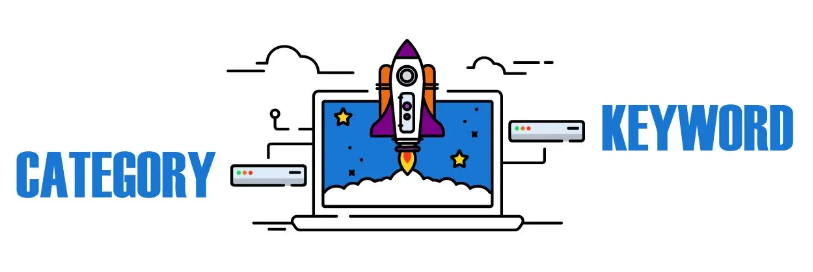Keywords and Categories

Think about when you are searching on the internet for something.
Usually, we know pretty well what we want and are able to type in the ‘keyword’ which would be the item you are looking for. Think about shopping for a vacuum cleaner. The keyword would be vacuum. But just typing a single word gives you a very broad category which you need to define in order to narrow your search. Notice I used the word category.
Are you scratching your head wondering what we are talking about?
Let’s work on searching for a particular vacuum cleaner. How about if we type in Hoover Vacuum Cleaner. Now we’ve narrowed the search down by being more specific. If you were interested in a particular model, and you know the name of it, you would type in Hoover WindTunnel Vacuum Cleaner. Now we are narrowing the search down to a more specific item. We can do that with our books as well.
Think about the genre you are writing in. Is it a novel? Historic? Comedy? Romance? Let’s say it is a historic novel leaning toward comedy. Let’s give the book the title of Hoover Isn’t Just a Dam. (Looks like I have a thing for Hoovers, doesn’t it.) Okay, about Hoover. It can be a president, a dam, a city – there are 10 of them in the United States, or maybe a school. Considering all the “Hoovers” available, we need to be specific in our search.
Let’s look at the book. It is a comedy so one of the keywords would be comedy. Another could be a dam – as in the thing that holds back water. How about we type in romance, considering it is a romantic comedy. Think about what the book is about. Is it about being at Hoover Dam and falling in love? If so, put in the word dam. What about the story? Is there a turning point other than the curve of the dam? Or do they go down into the dam and fall in love there? Hidden romance could be a keyword.
Now for the category part. Do you ever go into a bookstore and browse around? If so, where do you go first, what section? Let’s say you go to the history section. That is a category. Now, within the history section you look for the area that interest you, for instance WWII. You go to that section next. You are narrowing down the category you want to look at. Does this seem a little overwhelming. Don’t let it be.
There is a link that will help you figure some of this out. It is: https://www.bisg.org/complete-bisac-subject-headings-list I didn’t make this up and BISAC stands for Book Industry Study Group. Take a minute and go there. I believe you’ll find it fascinating as I did. There are 55 categories, each of which has a drove of categories within it. Click on one of them and follow it through. You’ll begin to get an understanding of what we are talking about. This link should help you figure out what category your book fits in and how to list it in the keyword search on Amazon. Again, we cannot encourage you enough to look at other authors in your genre to see how their books are listed.
What it all boils down to is precise browse categorization helps readers find your book, so be sure to select the most appropriate categories for your book. Choose up to two categories for your book, i.e., Fiction>Christian>Romance.
Remember, if they can’t find your book, you don’t have a sale. Making sales helps you stay in the writing arena without having to seek an outside job, unless you are independently wealthy then you probably don’t care anyway. The point is you wrote your book for a reason. You had something to say. Your audience can’t hear you unless they find your book so help them by making these keywords and categories searchable.
Join us for "The Master Key to Indie Author Marketing Success!" Webinar https://event.webinarjam.com/channel/TMKTIAMS
Embarking on this journey alone can be daunting, and that's why we're here to support you. If you're ready to take your independent publishing goals to the next level, schedule a free one-on-one consultation with our expert team. We'll discuss your unique aspirations, challenges, and tailor a plan to help you achieve success in 2024.